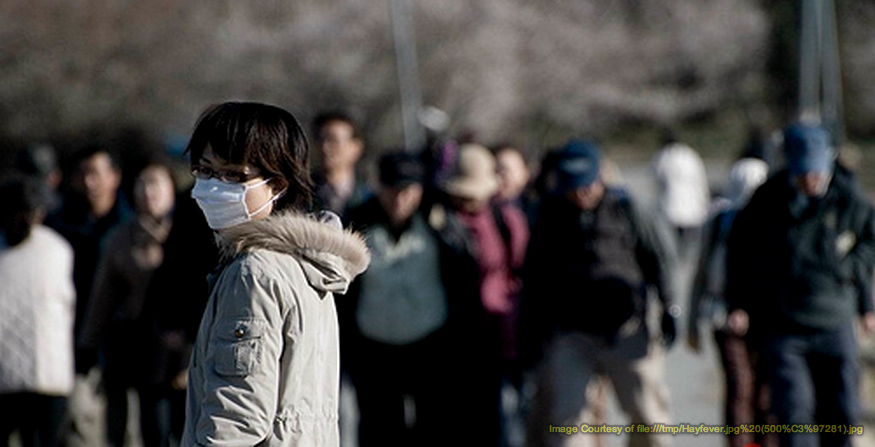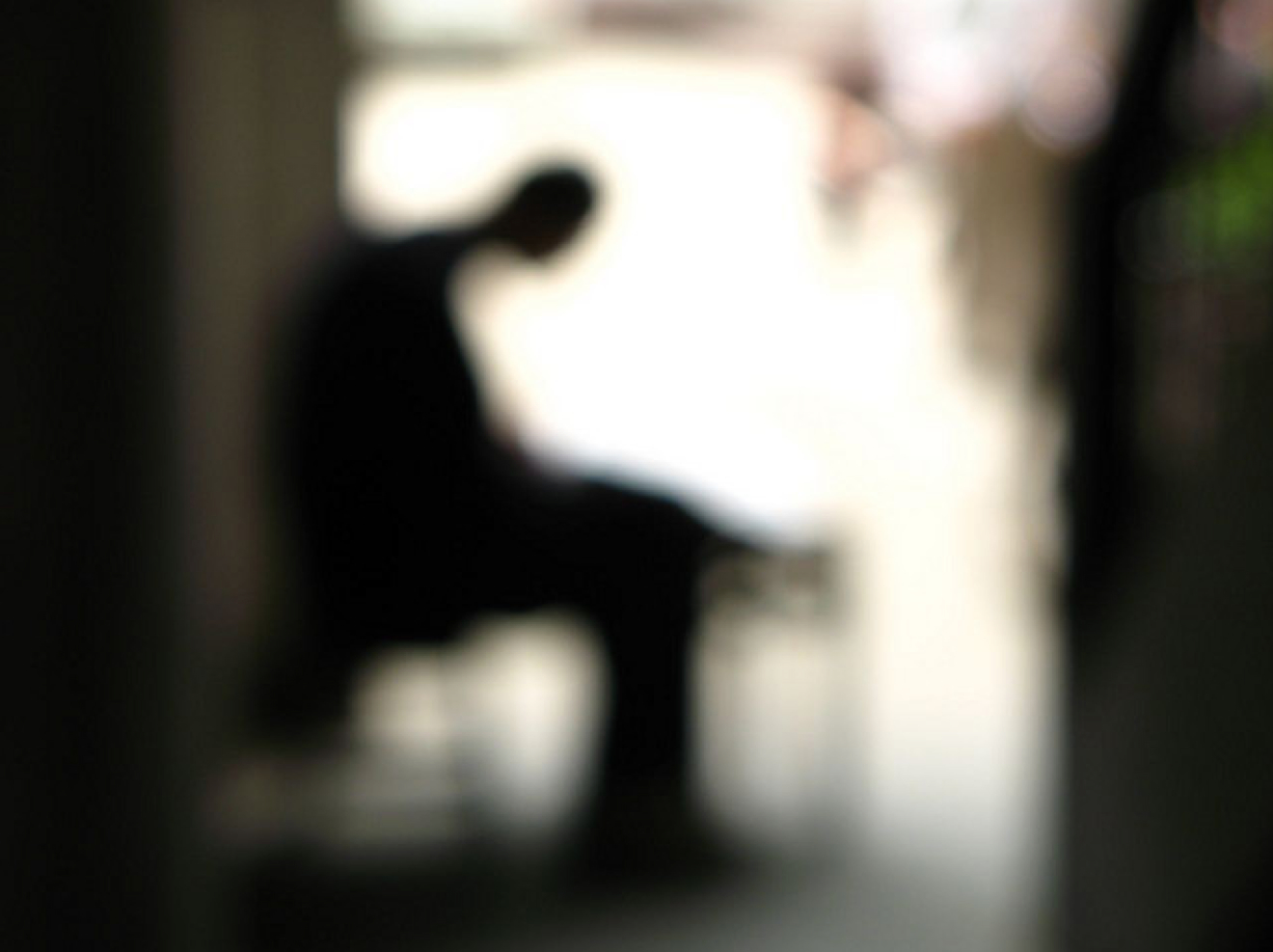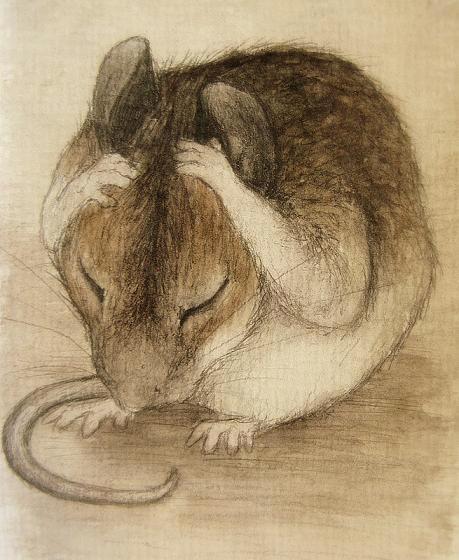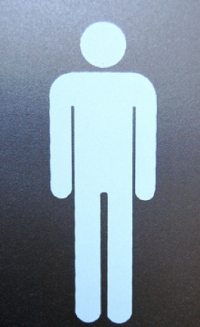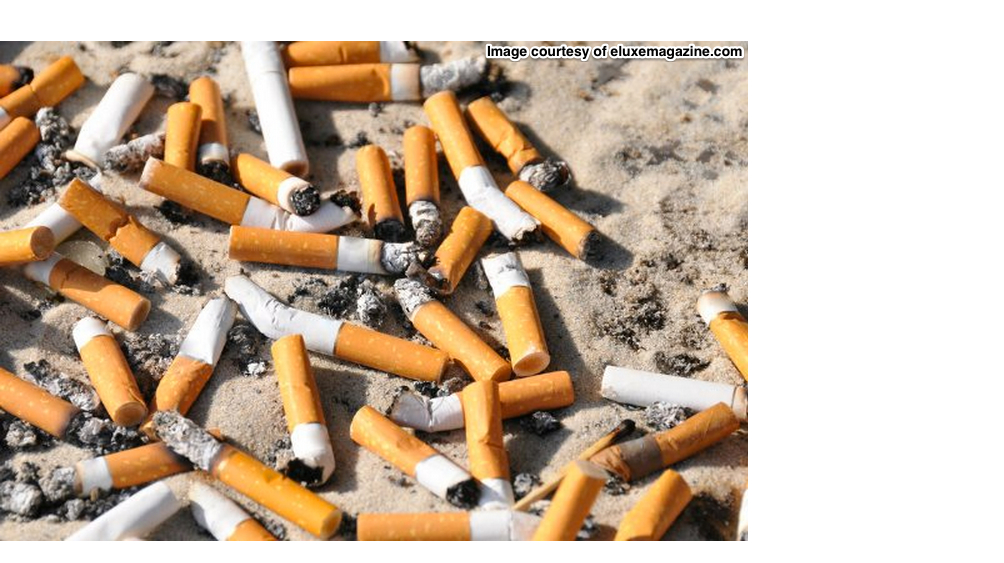
Acupuncture can work well as the sole treatment but also works well in tandem with other interventions. For example, I have had many patients who will use acupuncture in conjunction with the nicotine patch, Chantix, or hypnotherapy to try to attack the addiction from many angles.
With most health issues, acupuncture/traditional Chinese medicine makes highly individualized assessments of the client, their health history and their symptoms. From this tailored assessment will spring an equally fitted treatment plan. Smoking cessation is slightly different in that there is an established, time tested protocol which is always used. However, an acupuncturist will still modify this by adding extra points to help strengthen the overall health of the client.
Typically, we will set up several appointment a week for the first 2-3 weeks and then reduce the frequency as the withdrawal symptoms abate. Clients are encouraged to call us, even years after the treatment regime has been completed, if some external stressful event endangers their freedom from the cigarettes.
Articles and Research
Cleveland Clinic advocates acupuncture as very useful modality for smoking cessation, too:
If you are trying to quit smoking, acupuncture is a natural way to help you curb your craving for nicotine. Acupuncture, along with Chinese herbs and hypnotherapy, may not be as well-known as nicotine patches or gum. But they all can offer relief, especially in the acute phase of withdrawal when you’re wrestling with fatigue, irritability and gnawing cravings.
From the Institute for Traditional Medicine Research (ITM) come this lengthy evaluation, which can be read here.
A study available through the US National Library of MedicineNational Institutes of Health, found that,
This study confirms that adequate acupuncture treatment may help motivated smokers to reduce their smoking, or even quit smoking completely, and the effect may last for at least 5 years. Acupuncture may affect the subjects' smoking by reducing their taste of tobacco and their desire to smoke. Different acupoints have different effects on smoking cessation.
From the famously conservative Chicago Tribune comes this positive article:
Acupuncture and hypnosis are touted as drug-free ways to help smokers kick the habit, and there is some evidence that they work, according to a new research review.
An article from the Pacific College of Oriental Medicine (PCOM), reposted in it's entirety here states:
Each year, people across the globe vow to finally quit smoking for good only to watch their resolution go up in smoke. If you have tried to quit smoking, you know how difficult it can be. It is hard because nicotine is a powerful addiction. For some people, it can be as addictive as heroin or cocaine.
Acupuncture as an alternative approach to smoking cessation has a growing number of converts. In fact, acupuncture is often a court mandated treatment for drug addicts because of its ability to curb withdrawal symptoms and manage cravings.
It is estimated that most smokers will attempt to quit 2 or 3 times, or more, before finally kicking the habit. When conventional methods to quit smoking, such as nicotine gum or patches, have failed, smokers often look outside the mainstream and turn to alternative medicine.
Acupuncture is not a panacea or a magic cure in the treatment of any addiction, including smoking. But, acupuncture is effective in making it easier to quit and remain smoke-free. If you are highly motivated and ready to quit, acupuncture can empower you to take control and begin a healthy and smoke-free life!
A Formidable Addiction
More than 50 million Americans smoke, and nearly 7 million more use smokeless tobacco. The numbers are even higher in other parts of the globe, with worldwide statistics showing that one out of three men and women over the age of 18 are smokers.
The reasons to quit smoking are endless. Cigarettes have 4000 known poisons, any of which can kill in high enough doses. One drop of pure nicotinic acid can kill a man. According to the CDC, tobacco kills more than 440,000 people each year, in the US alone. Not to mention the chronic illnesses and diseases that are associated with smoking. Emphysema, lung cancer, high blood pressure, shortness of breath, chronic cough, an increased frequency of colds and flu; these are just a few of the widely known risks associated with smoking.
Many people decide to quit because of the enormous expense of a cigarette habit or are just plain tired of being dependant on a substance. There is also considerable social pressure not to smoke. I am sure that most smokers can recall a dirty look or rude comment from someone that was nearby when they lit up.
How Does Acupuncture Help Break the Cigarette Habit?
Acupuncture has turned a growing number of cigarette cravers into permanent ex-smokers. As said before, acupuncture is not a panacea or a magic cure in the treatment of smoking. It can, however, reduce the cravings and lessen the withdrawal symptoms associated with quitting. A successful acupuncture program will include patient preparation, patient commitment, and education about what acupuncture will and will not do.
Oriental Medicine aims to treat the specific symptoms that are unique to each individual using a variety of techniques such as acupuncture, Chinese herbs, bodywork, lifestyle/dietary recommendations and energetic exercises to restore imbalances found in the body.
Your acupuncturist may do an interview to learn about your unique smoking habits and perform a physical examination including blood pressure, taking the pulse and observing the tongue. The emotional and physical symptoms that you are experiencing will help create a clear picture on which your practitioners can create a treatment plan specifically for you.
The acupuncture treatments will focus on the jitters, the cravings, the irritability, and the restlessness that people commonly complain about when they quit. It will also aid in relaxation and detoxification.
Are There Herbs To Help Me Quit Smoking?
Often you are prescribed herbs or supplements to control cravings or withdrawal symptoms.
There are three areas to address for herbal support; dryness and tissue repair, irritability and cravings.
* A Lung Yin Tonic such as Ophiopogonis Combination (Mai Men Dong Tang) is often used to moisten the lungs and mouth which can prevent cravings and repair tissue damage caused by smoking.
* A Chinese herbal formula to calm the spirit may be used for irritability. Bupleurum plus Dragon Bone and Oyster Shell (Chai Hu Jia Long Gu Mu Li Tang) can help relieve irritability and anxiety associated with detox. Many people use this formula to help them through stressful situations and prevent relapses.
* Lobelia Tea (Ban Bian Lian) or Green Tea can be sipped daily during the detox period to keep tissues flooded with elements that discourage nicotine cravings. (Lobelia is traditionally used to rid the body of a strong toxin such as a snake bite.)
NOTE: The improper use of Chinese Herbs can be dangerous. Please consult with a licensed acupuncturist and herbologist before taking any herbal products.
What Lifestyle and Dietary Changes Should I Make?
Exercise is encouraged and dietary and support systems are recommended to rid the body of toxins and avoid relapses:
* Get plenty of fresh fruit and vegetable juices and miso soup to neutralize and clear the blood of nicotinic acid and to fortify blood sugar.
* Carrots, Carrot juice, celery, leafy green salads and citrus fruits promote body alkalinity and decrease cravings.
* Avoid junk food, sugar, chocolate, coffee and cooked spinach. They can upset blood sugar levels and increase blood acidity which can aggravate smoking-withdrawal symptoms.
* Lobelia Tea (Ban Bian Lian) or Green Tea can be sipped daily during the detox period to keep tissues flooded with elements that discourage nicotine cravings. (Lobelia is traditionally used to rid the body of a strong toxin such as a snake bite.)
* Drink water - Research shows that dryness causes cravings. Sip water frequently throughout the day.
* Deep Breathing Exercises – to increase body oxygen
* Support Person - The decision to stop smoking can elicit uncomfortable emotions. Ask someone who is available to you in the next few weeks to act as a sounding board and provide encouragement when needed.
* Affirmation - An affirmation is a positive statement repeated often to create desired changes in your life. Repeating the affirmation helps not only to remind you why you are no longer smoking but imprints a new image of health so that the body can then produce health. Examples: "I am a non-smoker. I make healthy choices in my life."
* Setting Boundaries - Set up contracts with other smokers to refrain from smoking in your presence. This includes spouses. When possible, stay away from smokers during the first few weeks.
* Managing cravings – Plan what you will do during a craving. Examples: Chew licorice root sticks or gum; repeat your affirmation; breathe deeply; exercise; sing a song; dance; call your support person.
How Many Treatments Will I Need and How Long Do they Take?
The length, number and frequency of treatments will vary. Typical treatments last from five to 30 minutes, with the patient being treated one or two times a week. Some symptoms are relieved after the first treatment, while more severe or chronic ailments often require multiple treatments.
A stop smoking program will often consist of 4-6 initial treatments scheduled in the first few weeks followed by monthly treatments for four to six months.
 Tuesday, January 27, 2015 at 4:32PM
Tuesday, January 27, 2015 at 4:32PM 